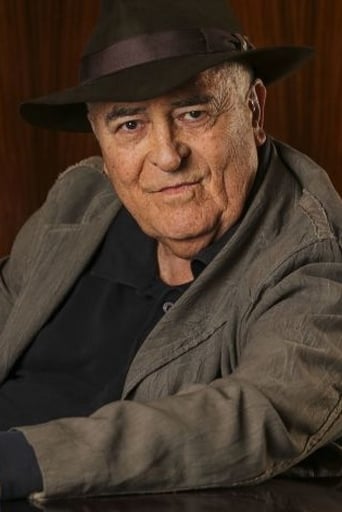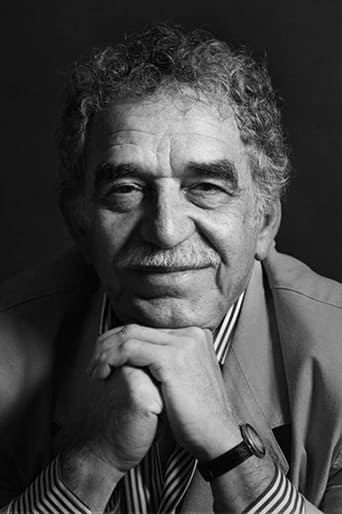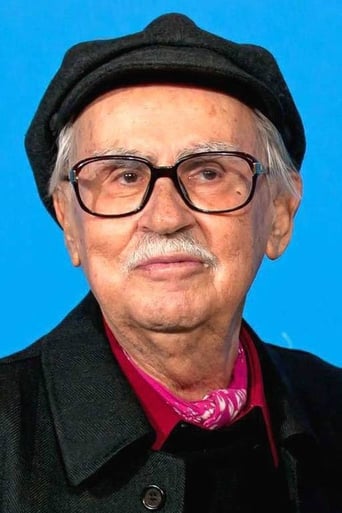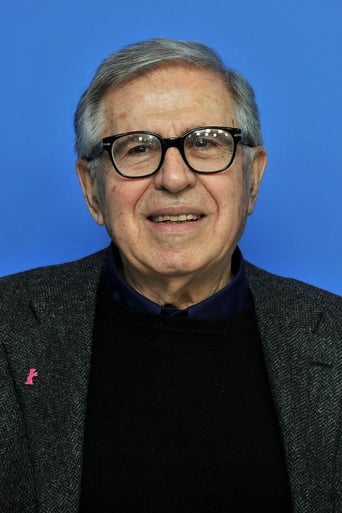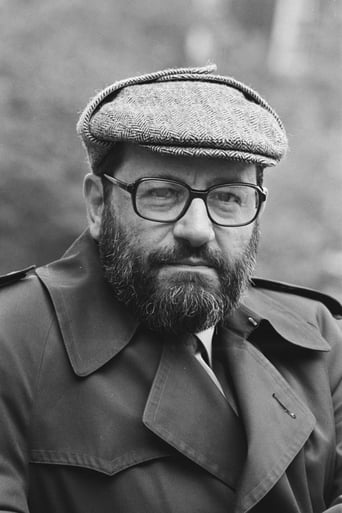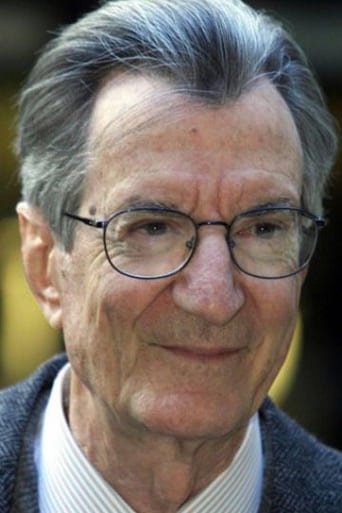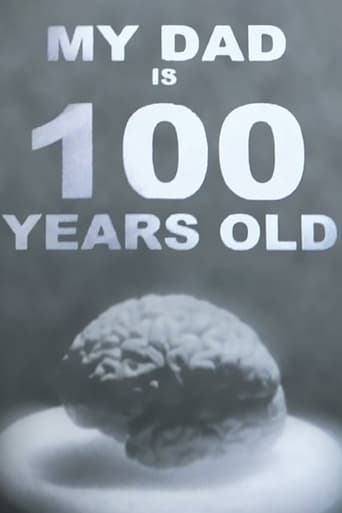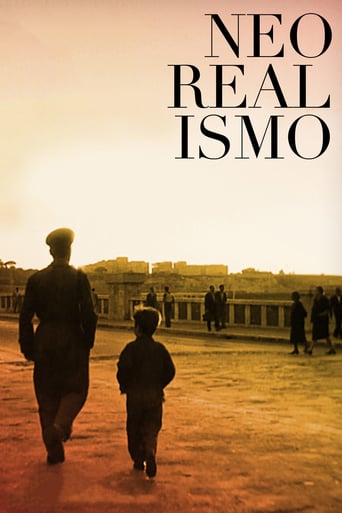


We Weren't Just Bicycle Thieves: Neorealism
September. 01,2013This short film tells the story of the most important cinema trend that Italy has ever produced - Neo Realism. Born after the Second World War, this veritable cultural revolution rapidly became a boundless source of inspiration for movie-makers throughout the entire world. Even today it influences those wanting to produce quality movies characterized and identified as Italian products able to be exported as well. It is precisely one of the masters of this unique current rich in different personalities who introduces the story - Carlo Lizzani - whose 'lesson' reconstructs the birth and development of Neorealism in Italy. It combined innovative movie techniques with a new view based on a 'true' interpretation of reality. Due to its high cultural value, this short film was given the highest reknown of the Presidency of the Republic of Italy.


Similar titles
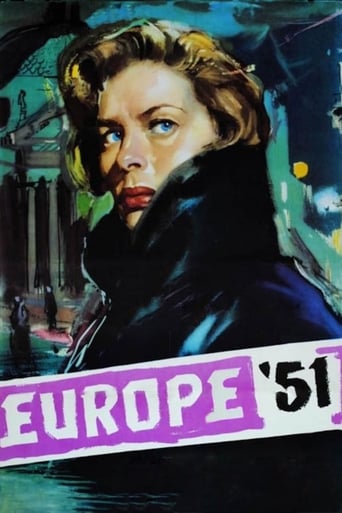
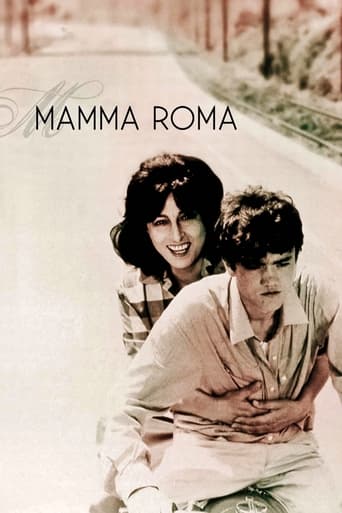
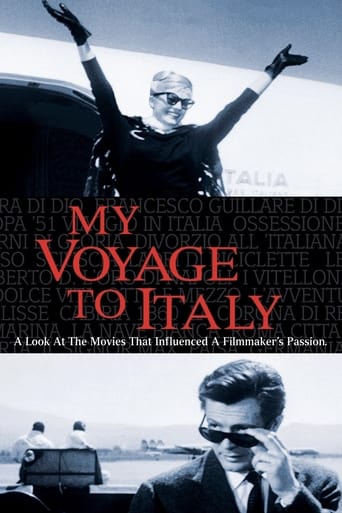
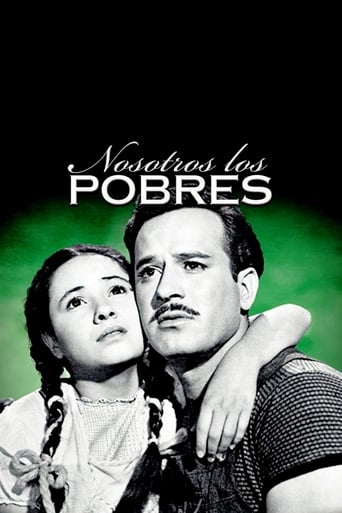
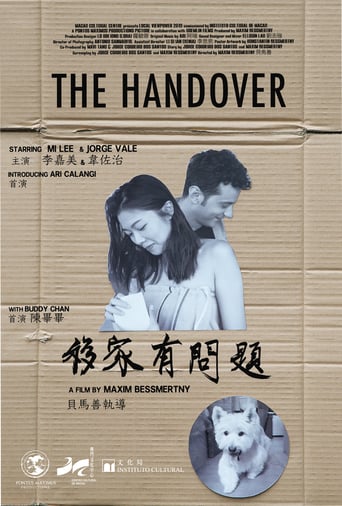
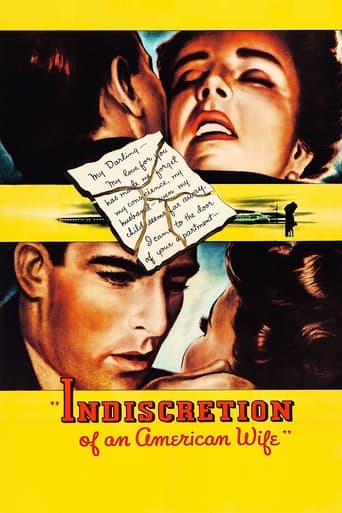
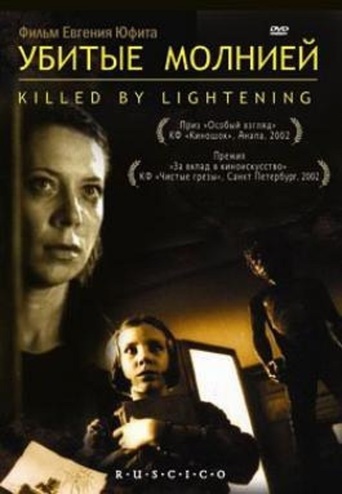
Reviews
This short film tells the story of the most important cinema trend that Italy has ever produced - Neo Realism. Born after the Second World War, this veritable cultural revolution rapidly became a boundless source of inspiration for movie-makers throughout the entire world.Although somewhat short (barely over an hour), this film looks at a very influential part of cinema history: Italian Neorealism, a style that was strong for a ten year period from the 1940s through the 1950s, giving us such classics as "Bicycle Thieves", "Umberto D" and "Rome, Open City". Although no doubt studied by film students, it is something largely overlooked by the general public.And I confess that it is something I only knew of vaguely. I knew the term and could name a few films, but had no idea of the greater context and how it grew out of World War II and something of a revolt to Hollywood films and what they call "white telephone" movies.One interview subject in the film makes a comment that we are in the "night of the zombies". This is unfortunately true, but also happens to be my entrance into Italian cinema. Through horror (not just zombie films) and giallo pictures, I have a strong appreciation for the Italian film... it was only natural to branch out into the more serious themes. Were Bava and Argento influenced by Rossellini? How could they not be?
